The initial details of a long-awaited livestock genetics programme for NI have been revealed by the industry body set up to deliver the project.
Victor Chestnutt, chair of the newly-formed Sustainable Ruminant Genetics, said recording sire details when registering calves would be one of the first requirements for farmers.
“We will try to make data collection as simple as possible. The majority of data will be collected from marts and meat plants,” the former Ulster Farmers’ Union (UFU) president said.
“Every animal either goes through a mart or a factory, so we know its birth date and its liveweight or kill weight. This gives us a huge database to work from,” he maintained.
Future claims
Participation in the new genetics programme will be a requirement for claiming future support in NI, including the new area-based Farm Sustainability Payment.
DNA testing of calves, known as genotyping, is also planned for the programme and the initial cost of this is to be covered by funding from DAERA.
“Will government pay for it forever? It’s highly unlikely. Is it worth doing? If it identifies better animals to breed from, then there will be an argument that a few pound on a DNA test is worth it,” Chestnutt said.
The programme will initially be focused on driving genetic improvement in the beef and dairy sectors by giving farmers access to data for better-informed breeding decisions.
Speaking at the launch of Sustainable Ruminant Genetics on Tuesday, Chesnutt said the industry body will work with DAERA to extend the programme to the sheep sector “at the earliest opportunity”.
“A different solution will be required for sheep compared with cattle, as there is no centrally held database for sheep,” he explained.
Rollout
The timeline for rolling out the genetics programme remains unclear. The next step is to appoint a chief executive at Sustainable Ruminant Genetics to develop the programme on a full-time basis.
CAFRE Director, Martin McKendry said the process of appointing a “service provider” to build the new livestock genetics database will happen this autumn, although he suggested it could take “three or four years” to fully develop the system.
Victor Chestnutt said discussions have already taken place with the likes of the Irish Cattle Breeding Federation (ICBF) in the Republic of Ireland, and the Agriculture and Horticulture Development Board (AHDB) in Britain.
He said the layout of genetic reports under the NI programme will not be known until a service provider is in place to develop the new database.
ICBF has a well-established €uro-star system for calculating genetic merit for Irish suckler farmers, as well as an Economic Breeding Index (EBI) for dairy farmers.
However, AHDB’s Profitable Lifetime Index (£PLI) is the more common breeding index already used by NI dairy farmers.
“We don’t want to radically change the numbers that farmers get on a page. If we are used to £PLI in NI, why change it?” Chestnutt said.
Milk recording
Giving more details on the dairy side, Mike Johnston said milk recording will not become compulsory for all dairy farmers under the new genetics programme.
However, the NI Dairy Council chief executive said local processors are currently looking at how data from herds that do milk recording can be linked to DNA testing.
“If we can get data coming together from genetic profiling and milk recording, that really gives us something to work with,” Johnston said.




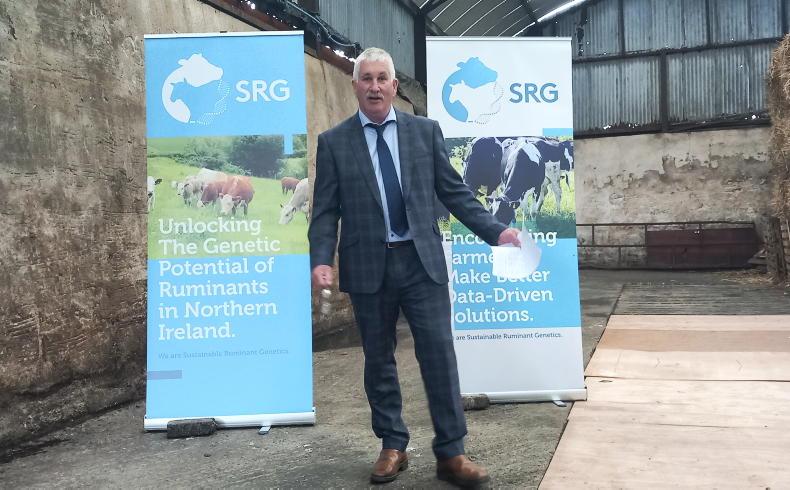
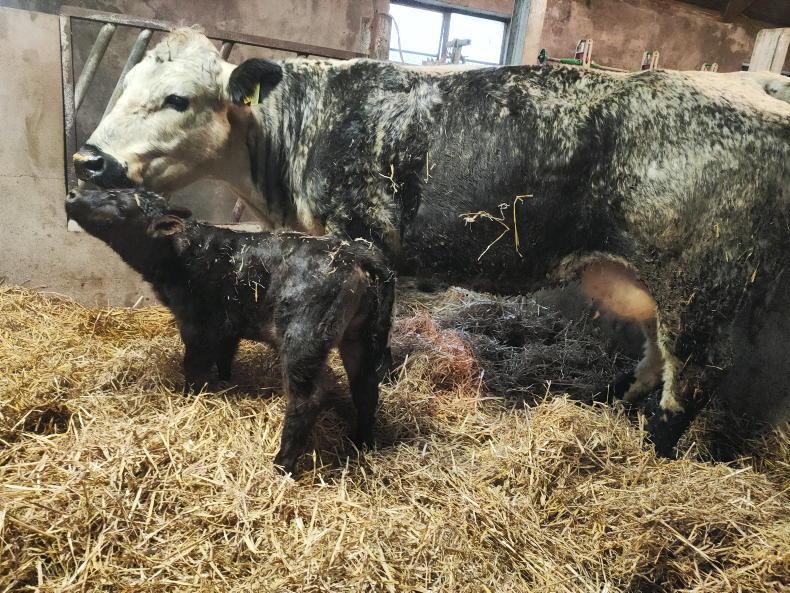

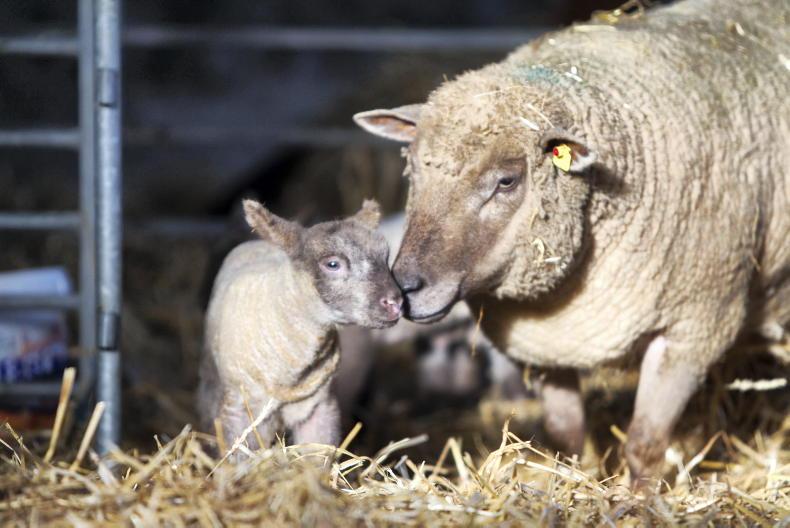
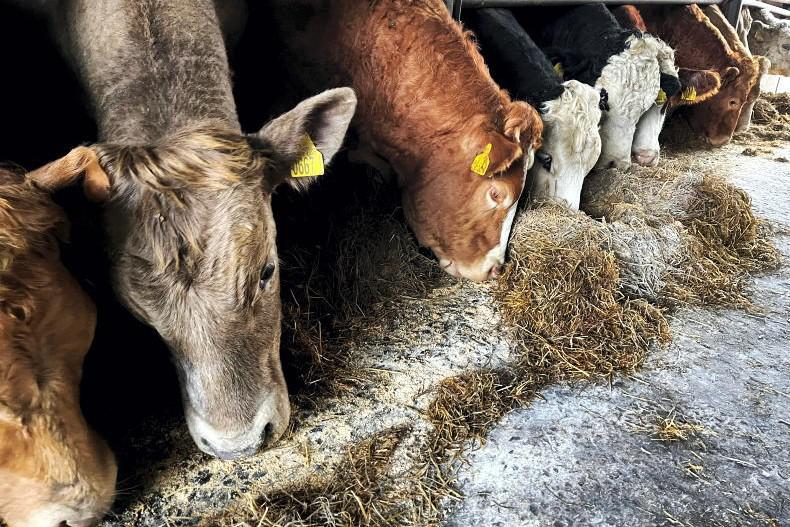
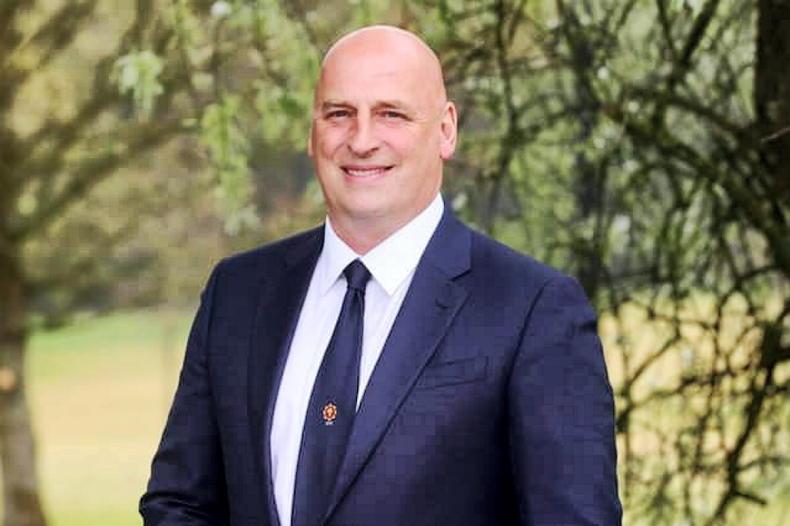
SHARING OPTIONS